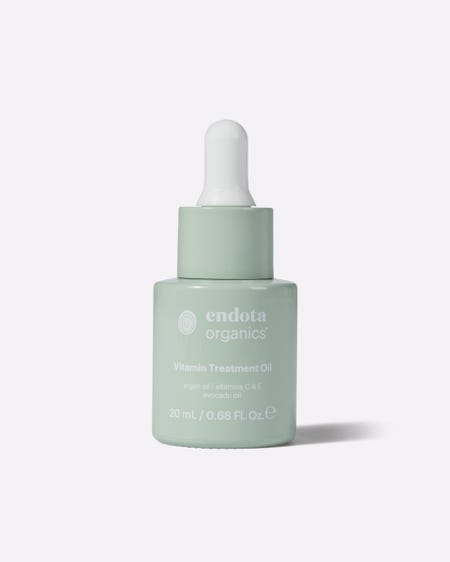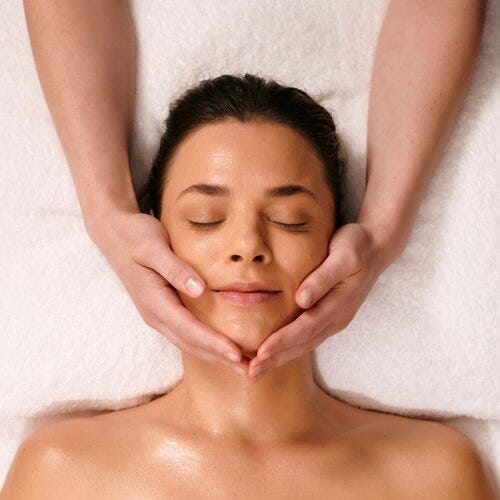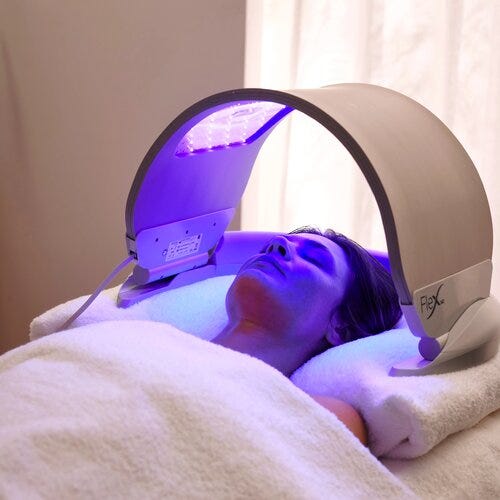
how to bring natural oils back to your skin
Healthy, happy and radiant skin comes from a whole collective of elements working together in harmony to keep your skin feeling hydrated, smooth and glowing. One of these elements that’s often overlooked is our skin’s natural oils. They’re a vital part in maintaining a healthy skin barrier – which means they’re essential for our overall skin health too.
When our natural oils are depleted, our skin can become dry, irritated, and more at risk of environmental damage. And since over-using some of skincare’s most popular and powerful products can strip these oils away, it’s easy enough to fall into a routine that keeps our natural oils running in low supply.
The good news? These oils can be replenished and then retained. By bringing natural oils back into balance through a hydrating skincare routine and some other easy steps, you can support the overall wellbeing of your skin as well.
the skin’s protective oil barrier
Otherwise known as the epidermis, the skin’s barrier is the outermost layer of our skin (or the part you can see). It works hard to protect the deeper levels of our skin from the outside world.
There are three parts of your skin barrier – and one of those is the lipid barrier. That’s where you’ll find our skin’s natural oils. While the lipid barrier serves multiple functions, it’s most helpful for locking in moisture, and keeping out harmful pathogens and environmental stressors.
making sense of sebum
The natural oils in the skin are also called sebum. They’re produced by the sebaceous glands and include fatty acids, squalene, and other lipids (which explains why they’re a part of the lipid barrier!).
These natural oils come with all kinds of benefits to your skin and its health. They help to moisturise our skin, preventing water loss to keep it smooth and soft, while protecting it against environmental damage. The fatty acids in these oils are also helpful for maintaining our skin’s elasticity and softness. Not only that, natural oils have antimicrobial properties – which can help prevent infections and promote healing.


making sense of sebum
The natural oils in the skin are also called sebum. They’re produced by the sebaceous glands and include fatty acids, squalene, and other lipids (which explains why they’re a part of the lipid barrier!). These natural oils come with all kinds of benefits to your skin and its health. They help to moisturise our skin, preventing water loss to keep it smooth and soft, while protecting it against environmental damage. The fatty acids in these oils are also helpful for maintaining our skin’s elasticity and softness. Not only that, research has suggested that natural oils have antimicrobial properties – which can help prevent infections and promote healing.
stripping our skin of natural oils
There are a number of ways our skin can be stripped of its natural oils. All of them can lead to dryness, irritation, and a compromised skin barrier. In some cases, environmental factors like harsh weather, pollution, and UV radiation might be to blame. Other times, it’s our own skincare routine.
Overusing acids, exfoliants and active ingredients like retinoids, vitamin A and exfoliating scrubs can disrupt your skin's oil balance. They strip the skin of these natural oils – and in doing so, compromise your skin barrier. That’s when you might notice your skin looking and feeling more sensitive, inflamed and irritated – or even having a harder time healing from wounds or infections.
replenishing your skin and promoting oil production
There are a number of steps you can take to replenish your skin’s natural oil – and most of them are part of a hydrating skincare routine that’s all the more gentle on your skin.
Remember, a healthy skin barrier is the foundation of beautiful, resilient skin – and replenishing your natural oils is an essential part of this. By keeping an eye out for signs your sebum might be in shorter supply or embracing the skincare steps that elevate natural oil production, you can count on your barrier to be in its best condition all year round.
“Quote goes here”
Who the quote is from
learn more about your skin
Do you have oily, sensitive, dry, combination or normal skin?
Take our skin type quiz to discover your skin type, skincare recommendations and top tips.






